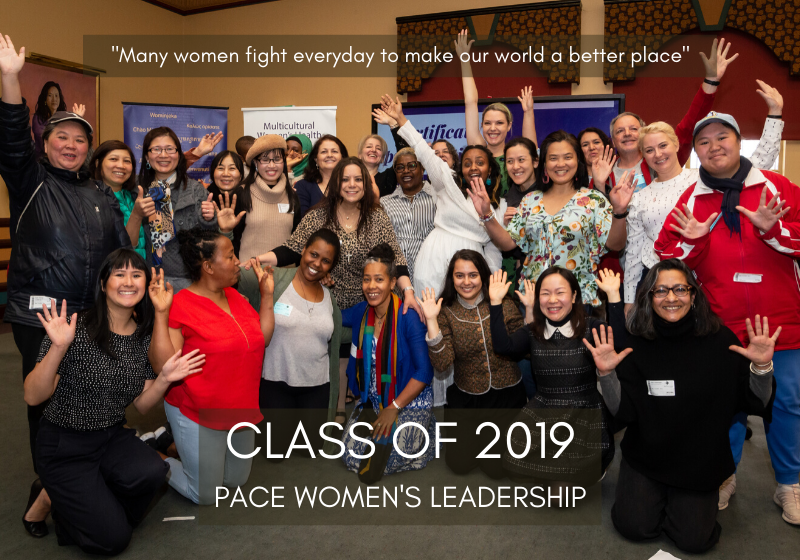
It’s not very often we get the opportunity to recognise and honour migrant women for their leadership, and not for want of trying. While we are not afraid to take the lead, migrant women continue to be significantly underrepresented in formal leadership roles. As a recent study showed, decision making roles in Australia, across government, business and education, largely remains the domain of the male, pale and stale.
Of course, putting white men in charge does not inherently make for better decisions. Studies repeatedly show that inclusive and equitable leadership is critical for improving organisational and societal structures. Evidence also shows that gender and racial equality are important factors in preventing violence against women.
Unfortunately, it's not simply about 'leaning in'. Migrant women continue to be excluded at all levels of formal leadership, because of their race, class, disability, gender, age, sexual preference, as well as many other structural barriers such as visa status, non-recognition of overseas qualifications and rigorous and expensive English language testing.
Being excluded from decision-making erodes migrant women's confidence and our opportunities for social connection and participation, which leads to poorer mental and physical health outcomes. It also diminishes our opportunities to have a voice in the issues that matter to us, and to call out the forms of discrimination that keep migrants and women outside the halls of leadership.
That's why we need to redefine the way we think of leadership, not just as something that serves the individual, but as a force that can foster change for the whole community and improve the conditions in which people live their lives. This month, we were privileged to celebrate 18 migrant women graduating from our own PACE (Participate, Advocate, Communicate, Engage) Leadership course. As one participant reflected, "the program changed my life in terms that now I am able and confident to do something remarkable in favour of my own life and also my community. Many women fight everyday to make our world a better place."
Centring migrant women’s voices and experiences is the first step to promoting migrant women’s leadership, participation, and visibility. By listening and valuing their decisions, migrant women expand our definitions of leadership, and show us that leadership in Australia should not just include them, but perhaps be more like them.
